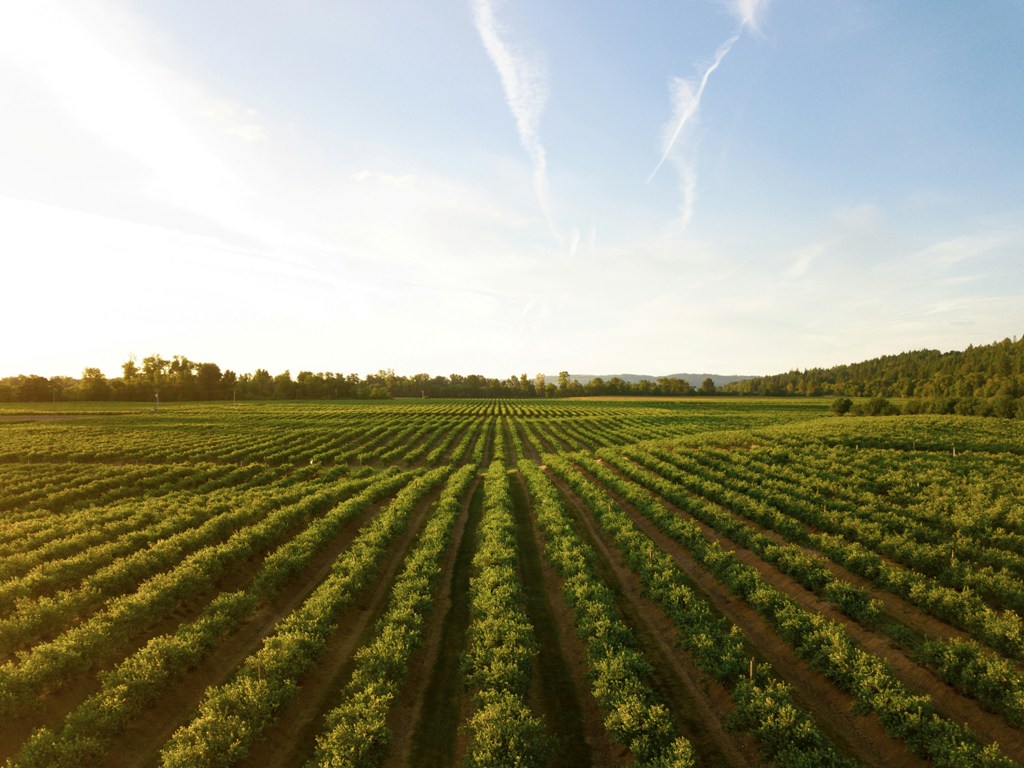Commercial agriculture is a vital component of the global economy, feeding billions and driving a significant portion of the world’s trade and labor force. As such, it’s essential for commercial agriculture operations to stay abreast of the latest resources and best practices to maintain efficiency, sustainability, and profitability. From government incentives to innovative technologies, and careful equipment selection to networking, there are myriad ways to ensure the success of these ventures. Below, we explore the most impactful strategies.

Finding the right agricultural equipment suppliers
The backbone of any successful commercial agriculture operation is its machinery and equipment. The right suppliers offer more than just tools; they provide reliability, service, and ongoing support. Therefore, selecting a supplier is a critical decision that can significantly influence productivity and profitability.
There are several factors to consider, including the range and quality of products, the reputation of the supplier, and their ability to provide parts and service within a reasonable time frame. Operations must also evaluate the supplier’s understanding of the agriculture industry and its unique challenges.
This selection process is where partnerships and testimonials become valuable. A trusted Saskatchewan Agricultural Building Contractor, for example, can provide tailored solutions and expert guidance that go beyond the standard offerings of an equipment supplier, thereby adding value to the operation’s investment.
Strategies for sustainable commercial agriculture resource management
Resource management is central to sustainable commercial agriculture. Effective strategies help conserve water, reduce chemical use, and minimize the environmental impact of farming activities. Soil conservation techniques and integrated pest management are just a couple of examples where effective resource management can lead to sustainable agriculture practices.
More and more commercial operations are also turning to renewable energy sources to power their farms. Solar, wind, and biomass energy solutions can reduce reliance on non-renewable energy and cut down operational costs in the long run. The shift towards renewables also reflects positively on an operation’s commitment to sustainability.
The success of commercial agriculture operations often relies on forming the right partnerships. A dependable fuel supplier in Red Deer, for example, can offer tailored solutions and reliable products to meet the unique demands of agricultural businesses, ensuring seamless operation during critical planting and harvest seasons.
Leveraging technology for precision agriculture and farming efficiency
Technology has revolutionized the way commercial agriculture operates, with precision agriculture leading the charge. This approach uses data and analytics to make informed decisions, resulting in optimized use of resources and increased crop yields. GPS-guided equipment, soil sensors, and drone technology are examples of innovations that are becoming commonplace on the modern farm.
With the integration of big data, farmers are now able to analyze trends and make predictive actions rather than relying solely on experience and intuition. This not only makes for more successful harvests but also contributes to better resource management—an essential aspect of sustainable agribusiness.
However, integrating new technology requires a significant upfront investment and ongoing maintenance costs. Operations need to weigh the long-term benefits against the initial expenditure to ensure a positive return on investment (ROI).
Networking and educational opportunities in agribusiness
The agriculture sector is continually evolving, necessitating that professionals stay informed and connected. Networking events offer a platform to share knowledge, form partnerships, and discover new market opportunities. Involvement in industry associations and attending trade shows are prime examples of how to facilitate vital connections.
Educational opportunities such as workshops, seminars, and online courses offered by universities or industry leaders can equip professionals with insights into the latest trends and techniques in commercial agriculture. Keeping abreast of innovative farming practices is not a luxury but a necessity for progress in this field.
Overall, the resources for commercial agriculture operations are vast and varied, contributing to the health and dynamism of the industry. By taking advantage of governmental support, embracing technological innovations, choosing the right equipment suppliers, adopting sustainable practices, and consistently engaging in networking and educational opportunities, agribusiness professionals can propel their operations toward a prosperous future.


